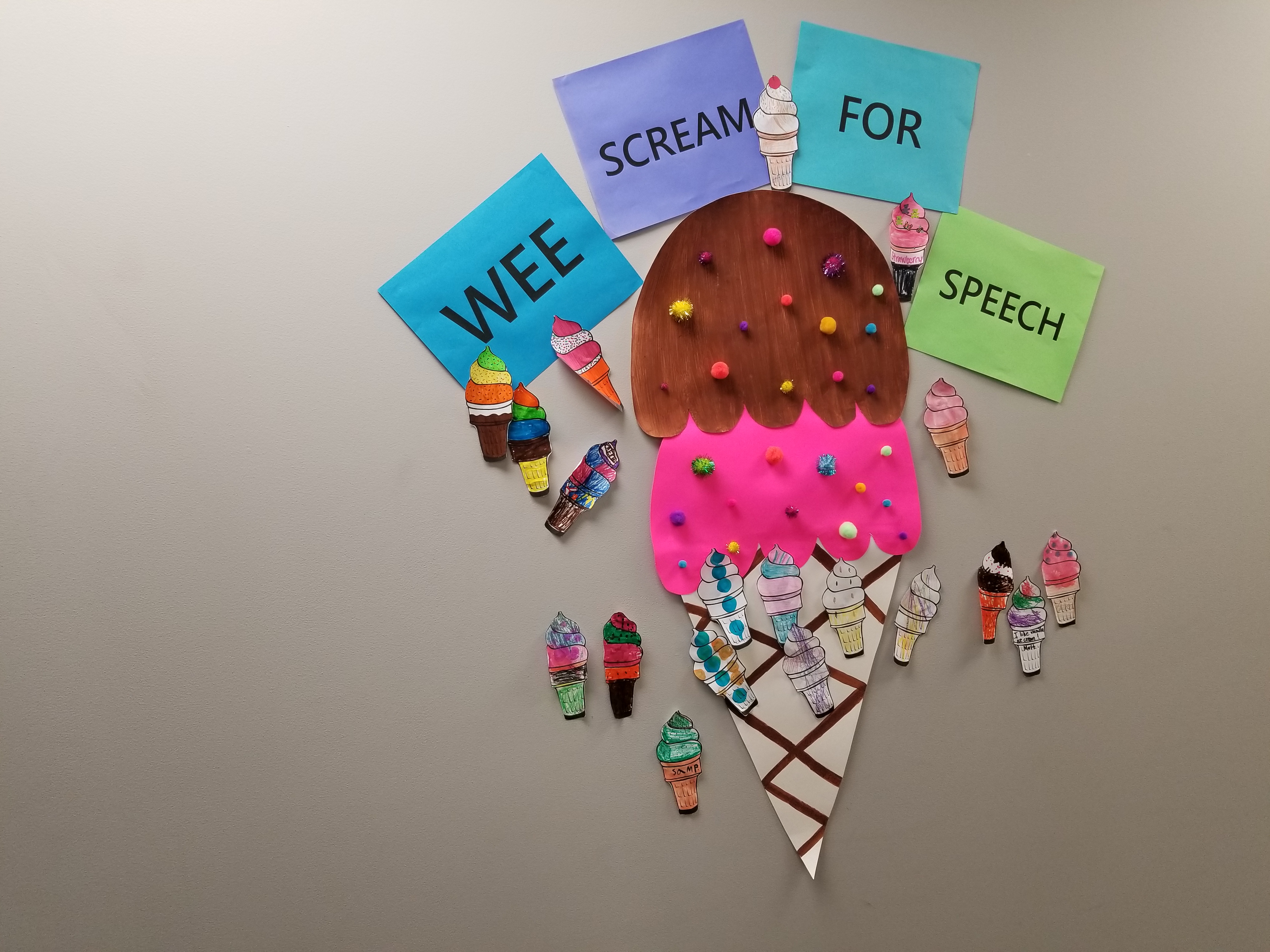Basic Concepts and Language
When young children are learning adults often focus solely on teaching numbers, the alphabet, shapes, and colors. There are a number of other basic concepts that are integral for early learning. These basic concepts include spatial directions, quantities, sequential order, size, adjective forms, and time concepts. Basic concepts are said to be the foundation for education. They impact the level to which children can successfully complete tasks, follow instructions, and engage in conversation. Academic achievement is based upon mastery of several prerequisite skills many of which are rooted in basic concept knowledge. Basic concepts are said to occur in groups or pairs. A survey from preschool and kindergarten teachers reveals there to be a number of early-learned basic concept pairs




